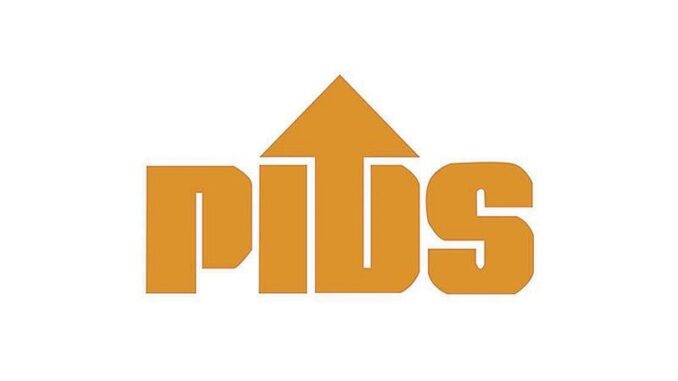
MANILA, Philippines — The gap between required skills and those available in the workforce is a significant challenge to the country’s economic growth, according to state think tank Philippine Institute for Development Studies.
PIDS consultant Lawrence Dacuycuy said there is a growing demand for jobs that require specific analytical skills in sectors like information technology-business process management and manufacturing.
However, many workers are not prepared for the evolving demands of the job market.
Dacuycuy presented the PIDS study titled “Labor Market Structures, Pay Gap and Skills in the Philippines.”
Information Technology and Business Process Association of the Philippines president Jack Madrid said earlier that addressing the talent gap, especially in advanced digital skills like artificial intelligence, data analytics and programming, is the industry’s top concern.
According to Dacuycuy, addressing the challenge calls for a targeted skills development framework.
“The evolving world of work, driven by technological advancements, requires a focus on developing relevant skills,” he said.
While general skills acquired through education are transferable, he said specific skills often yield higher returns but can limit job transitions.
As such, there should be a reevaluation of how skills are assessed and applied in workforce development programs.
Jeanette Damo, executive director of the Institute for Labor Studies at the Department of Labor and Employment, highlighted the importance for the government, educational institutions and the private sector to have coordinated efforts to align training and educational programs with labor market requirements.
“The skills gap is a roadblock to both industry growth and economic opportunities,” she said.
To address the gap, she said expanding labor market information systems and forming partnerships with digital platforms are some of the actions that can be taken to improve job matching and workforce development.
Collaboration with online job portals like JobStreet and LinkedIn is expected to help in policy decisions and guide educational institutions in updating curricula to meet current industry standards.
For her part, University of the Philippines School of Labor and Industrial Relations professor Emily Christi Cabegin emphasized the importance of lifelong learning in addressing the skills gap.
“In this era, where technological change is constant, we must foster a culture of continuous learning and skills development,” Cabegin said.
She cited the need to improve technical-vocational education and training (TVET) programs to better align with current labor market trends.
She added that close collaboration between educational institutions and industries and the monitoring of employment outcomes for TVET graduates are essential to assess program effectiveness.


Be the first to comment